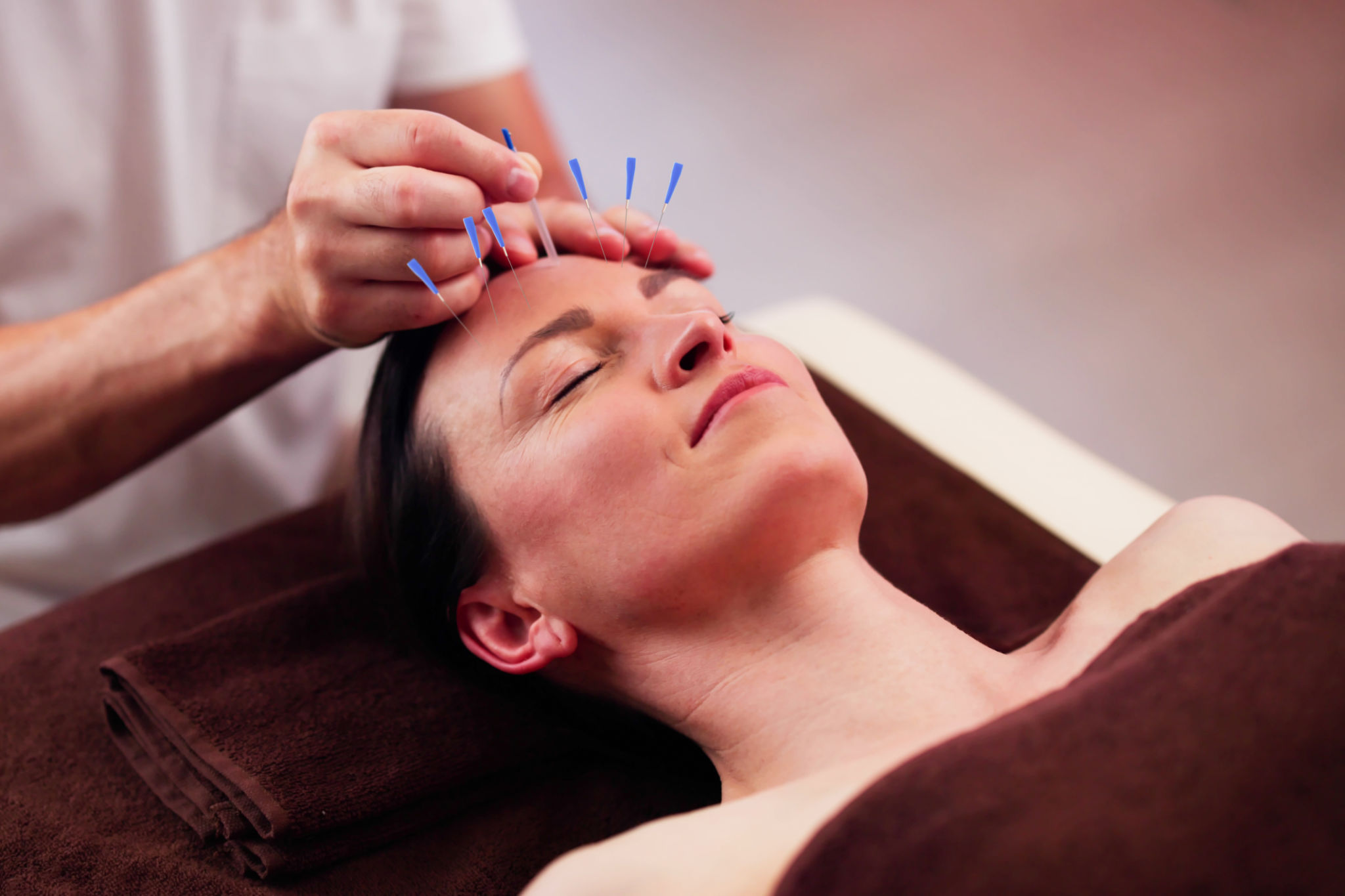Understanding the Benefits and Mechanisms of Acupuncture
Introduction to Acupuncture
Acupuncture, an ancient practice originating from Traditional Chinese Medicine (TCM), has been gaining popularity in the Western world for its holistic approach to health and wellness. This practice involves inserting fine needles into specific points on the body to balance the flow of energy, known as "Qi" or "Chi". Understanding how acupuncture works and its potential benefits can help individuals make informed decisions about incorporating it into their healthcare regimen.

How Acupuncture Works
Acupuncture is based on the concept of energy pathways or meridians in the body. Practitioners believe that blockages or imbalances in these meridians can lead to various health issues. By stimulating specific points along these pathways, acupuncture aims to restore balance and promote the body's natural healing processes.
The mechanisms behind acupuncture involve not only traditional beliefs but also modern scientific explanations. Research suggests that acupuncture may stimulate the nervous system, leading to the release of endorphins and other chemicals that help alleviate pain and improve mood.
Techniques and Tools
Acupuncture involves more than just needle insertion. Practitioners may use techniques such as moxibustion (burning a herb near the skin), cupping, and electro-acupuncture, where mild electrical currents are applied through the needles. These methods aim to enhance the therapeutic effects of the treatment.

Benefits of Acupuncture
Acupuncture offers a wide range of benefits that can improve both physical and mental well-being. Some well-documented advantages include:
- Pain Relief: Acupuncture is commonly used to treat chronic pain conditions such as back pain, arthritis, and migraines.
- Stress Reduction: The relaxing nature of acupuncture sessions can help reduce stress and anxiety levels.
- Improved Sleep: Many patients report better sleep quality following acupuncture treatments.
Conditions Treated
Beyond pain management, acupuncture has been used to treat a variety of conditions, including:
- Digestive Disorders
- Menstrual Cramps
- Respiratory Issues
- Allergies

Safety and Considerations
When performed by a qualified practitioner, acupuncture is generally considered safe. However, it is crucial to ensure that the practitioner uses sterilized needles and follows proper hygiene practices to prevent infections. It's also important to consult with a healthcare provider before starting acupuncture, especially for those with certain medical conditions or who are pregnant.
Some individuals may experience mild side effects such as soreness or bruising at the needle sites, but serious complications are rare. Always seek treatment from licensed and experienced practitioners to minimize risks.
Integrating Acupuncture into Your Wellness Routine
If you're considering acupuncture, it's helpful to discuss your health goals with a practitioner who can tailor treatments to your needs. Regular sessions can be an excellent complement to conventional treatments, offering a holistic approach to health that addresses both physical and emotional aspects.

As more people seek alternative therapies for managing health conditions, acupuncture offers a promising option with its centuries-old tradition and growing body of scientific support. By understanding its benefits and mechanisms, you can make an informed choice about whether acupuncture is right for you.
